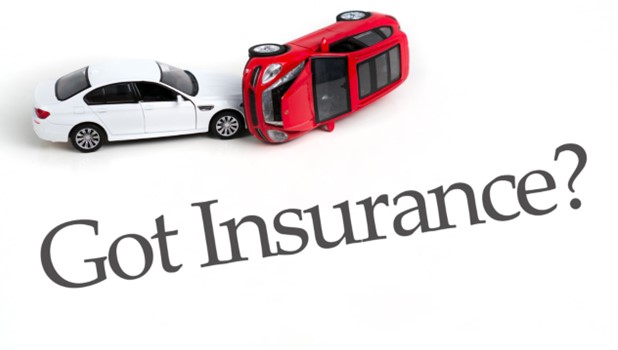Understanding Insurance Options for Modern Vehicles
Share
Share

Modern problems need forward-looking solutions; nowhere is that truer than in the present-day automotive scene, where, as we see more technological advancements make their way into modern vehicles, we also notice an adjacent major shift in car insurance.
These innovations, from Level 0 to Level 5 self-driving to electric powertrains, introduce new risks that call for updated insurance policies to match, and vehicle owners must understand their insurance options to address these evolving needs.
This blog will focus on six modern insurance options that help modern-day drivers secure their tech-forward vehicles. But before that, let’s understand technology’s impact on auto insurance policies.
Modern cars come packed with advanced technologies designed to enhance safety and performance.
Innovations like self-driving systems, electric powertrains, and connected features are reshaping the insurance industry. These advancements introduce new risks that require newer coverage policies, which we shall now discuss.
The following modern insurance policies help address the technological advances in modern cars.
Traditional liability coverage protects drivers from third-party bodily injury or property damage claims.
However, with the rise of self-driving cars, it now needs to account for scenarios involving autonomous vehicle technology. Insurers are developing policies that address potential liability issues arising from the malfunction or misoperation of autonomous systems.
The complexities involved here can be challenging, making it imperative to seek professional advice. For example, Vanderburgh County residents looking to resolve car accident claims should seek legal advice from car accident lawyers in Evansville, IN, to ensure they have the support to navigate the complicated claims involving advanced vehicles.
Modern cars often come equipped with sophisticated infotainment systems, GPS navigation, and remote access features that can be vulnerable to cyber-attacks.
Cybersecurity insurance for automobiles helps protect against risks associated with hacking, data breaches, and system vulnerabilities. This coverage ensures that when a cyber attack compromises a connected vehicle’s systems or personal data, drivers have financial protection against the high repair costs, legal fees, and potential identity theft.
Due to their high-tech components and advanced materials, an EV’s repair cost can be significantly higher than that of traditional vehicles. Enhanced collision insurance for EVs covers these additional costs, ensuring you are not left with a substantial financial burden if your EV is involved in an accident.
This specialized coverage accounts for the high cost of EV batteries, electric drivetrains, and other unique components and provides the peace of mind that comes from knowing your investment in green technology is adequately protected.
Usage-Based Insurance (UBI) is a flexible policy that adjusts premiums based on how much you drive.
Using telematics devices or smartphone apps, UBI tracks driving behavior, including speed, mileage, and braking patterns. This data allows insurers to offer personalized rates based on individual driving habits, potentially resulting in lower premiums for safe drivers.
UBI appeals to those who drive infrequently or maintain a cautious driving style. It encourages responsible driving while providing a cost-effective insurance solution tailored to personal driving and usage patterns.
Electric vehicles need EV charging equipment, which makes this insurance necessary. This insurance covers the cost of repairs or replacement for home charging stations and other related equipment in case of damage, theft, or malfunction.
Since installing a home charging station can be a significant investment, having this coverage protects you against unexpected issues that could disrupt your ability to charge your EV.
Gap insurance (Guaranteed Asset Protection) covers your car loan or lease balance and the vehicle’s actual cash value in case of a total loss or theft.
Since new cars depreciate quickly, you might find yourself owing more than the vehicle is worth in the event of a total loss. Gap insurance bridges this financial gap to ensure you don’t have a substantial financial deficit when settling your vehicle’s value with the insurer.
Now that you know which insurance policies are available for modern vehicles, here are tips to help you secure your auto insurance coverage:
Modern vehicles need better insurance policies. By selecting the right coverage for your modern car, you can protect it from a range of risks and navigate the road ahead with bubbling confidence.
Leave a Reply